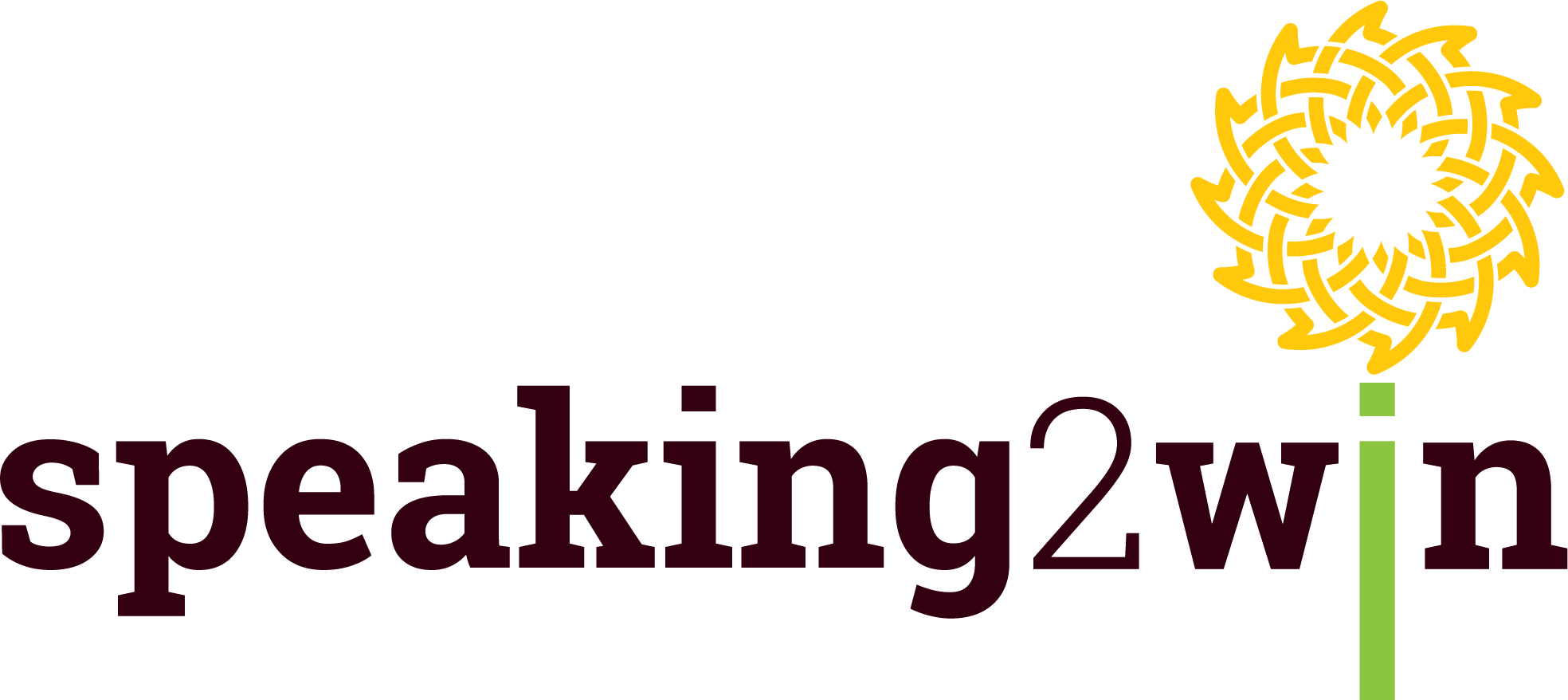How to Eliminate Filler Words From Your Speech
What are filler words exactly?
Here’s some of the common ones: um, uh, er, ah, like, you know, basically, actually, well, so, really.
Sound familiar?
We use filler words when we get flustered and/or we aren’t sure what we're going to say next.
Filler words are just noise and add absolutely nothing to the meaning of what we say.
They detract from our message and can be downright harmful to the image we wish to project.
Don't get me wrong - there’s nothing wrong with the occasional filler word here and there. After all, we are only human!!
The problem is when we go wild with filler words and use them ad-nauseum.
When you hear someone repeatedly utter filler words such as: um/ah/like/you know throughout their speech, how do you feel about the other person?
That they are incompetent?
That they lack confidence in themselves?
That they’re not polished and professional?
Or all of the above?
Do YOU have the filler word "affliction"?
If you do, rest assured - you’re definitely not alone.
Please read on for the 6-step antidote to breaking the filler word habit once and for all!
1. Be Calm
When we feel nervous or anxious, say when speaking in public, we may start blurting out filler word after filler word after filler word.
Incorporate some nice relaxation activities into your pre-presentation repertoire, say with some beautiful, calming, deep breathing exercises.
Please check out a previous post on breathing exercises to calm ourselves down.
2. Create Awareness
Some people are oblivious of their filler word habit.
The key to solving the filler word problem is being aware that there is a problem.
But how exactly do you create this awareness?
Here is a powerful exercise you can do on your mobile phone to get some baseline stats and to better understand how you use filler words.
Record yourself speaking to your mobile phone for a minute or two on some random topic of your choosing.
Say your plans for your next holiday, a hobby you love, what you will be doing this weekend, the delicious 3 course dinner you will be cooking for dinner tonight, what your adorable dog just did to make you laugh...
Any topic you like.
Don't overthink it, just choose a topic, hit record and talk!
Have a pen and piece of paper handy.
Play back the recording and note down the
following:
the total number of filler words
which filler words you used
where you placed them. E.g. in places where you were unsure about the subject matter, at the start of sentences, at the end of sentences, between sentences or all over the place
Knowledge is power!
Now that you are aware of the problem, notice how all your communications start to improve.
All because your brain magically alerts you at the right time and helps you break the habit for good.
3. Slow Down
When you speak at a slightly slower pace, you will give yourself precious time to think and to formulate what you will say.
Thereby reducing your chance of reaching for one of those annoying filler words.
Slowing down also helps people digest what you say and aids their understanding.
4. Embrace Silence
Don’t be scared of a little silence here and there.
When you feel a filler word coming on, substitute it with a brief pause while you gather your thoughts.
Plus, the beauty of these pauses is that you will create a wonderful feeling of suspense.
As you pause, your audience will sit in anticipation of what you will say next. Which helps to creates additional audience engagement!
5. Ask for more time
It’s almost impossible to think and speak at the same time.
Let’s say you're in a team meeting and are asked for your opinion on some topic and you aren’t sure of your response - yet.
Simply ask the other person for a few moments to ponder your answer.
Chances are they won't mind one bit. Only speak when you are ready.
It’s SO much better than just winging it and loading up your sentences with filler words.
Repeat after me:
I will THINK first and speak second!
6. Practice
Practice really does make perfect. Apply these filler word hacks to all speaking situations.
Whether you are chatting with a friend, on a job interview, pitching to a client or delivering a presentation to your colleagues, use every speaking interaction as an opportunity to eliminate filler words.
In closing
In all your communications, remember to:
Calm yourself down
Be aware of your use of filler words
Slow down your speech
Embrace the power of the pause
Ask for more time to reply if you need it and
Keep practising
To see how far you’ve come:
Put the above tips into practice in your day-to-day life. And repeat the exercise in step 2- create awareness.
Count your use of filler words and compare to the initial baseline numbers.
Notice the fantastic feeling of using filler words less and less with each subsequent iteration.
When you eliminate filler words from your speech, you will project a polished and professional image to the world.
And to top it off, people will enjoy listening to you!
© 2024 Susan Weser. All rights reserved.
Susan Weser is the Founder of Speaking2Win, a boutique public speaking and presentation skills consultancy, based in Melbourne, Australia. Susan’s mission is to demystify public speaking and presenting. She loves to fast-track her clients’ public speaking success, empowering them with the skills and confidence to excel in all their public speaking endeavours.









